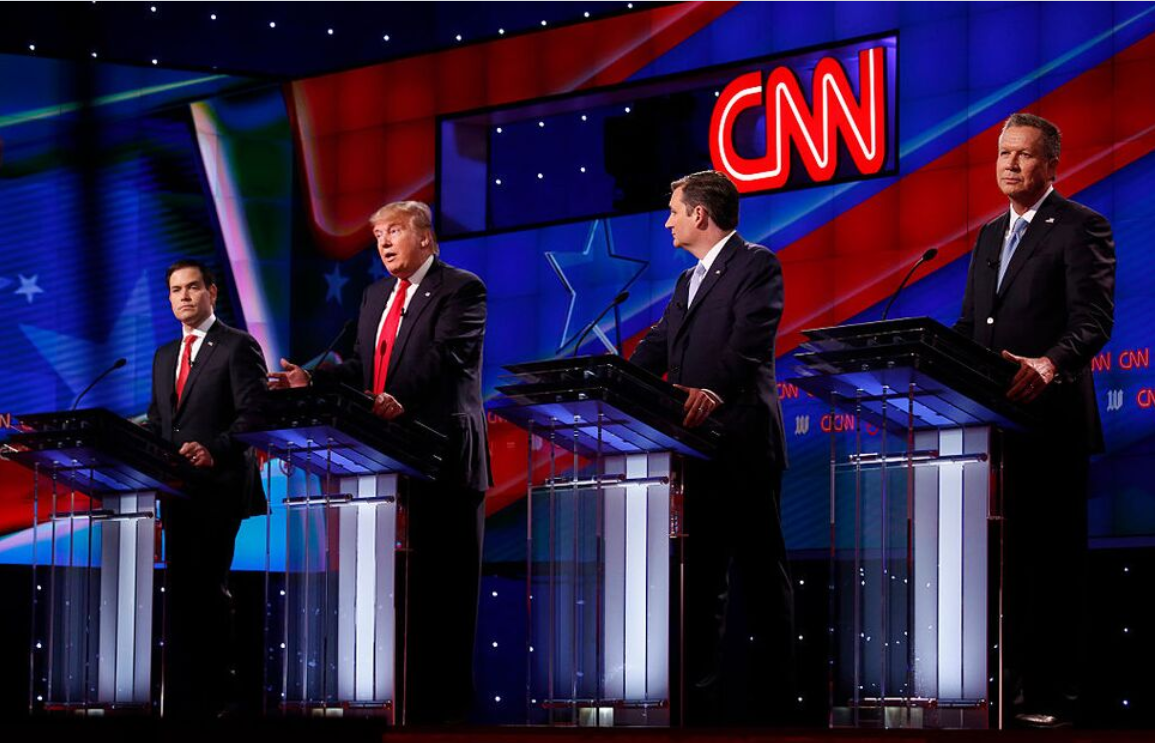The eagerly anticipated first presidential debate of the ’24 campaign for the GOP is facing threats due to stringent qualification rules, the looming requirement of a loyalty pledge, and uncertainties surrounding Donald Trump’s potential participation. These factors raise questions about the smooth organization and dynamics of the debate, adding an air of uncertainty to the highly anticipated event.

The upcoming Republican presidential primary debate faces uncertainty as former President Donald Trump considers whether to attend, candidates refuse a mandatory loyalty pledge, and lower-polling candidates worry about their fundraising and qualification. To participate in the debate, candidates must meet specific polling and fundraising requirements set by the Republican National Committee. They must also sign a statement pledging support for the eventual Republican nominee or commit not to run as a third-party candidate. The debate rules aim to prevent a repeat of the crowded stage seen in 2016.
Trump’s participation is in question as he has suggested that he may not attend and has considered hosting a competing event. However, current polling shows Trump as the frontrunner, with a significant lead over other candidates. Florida Governor Ron DeSantis, who initially floated the idea of skipping the debate if Trump does not participate, has since confirmed his attendance.
Several candidates in the middle of the field, such as Nikki Haley, Tim Scott, and Vivek Ramaswamy, reportedly meet the requirements. However, their fundraising statistics for the second quarter have not been released. Former Vice President Mike Pence’s qualification status remains unclear.
Some candidates, including Chris Christie, Asa Hutchinson, Will Hurd, Doug Burgum, and Francis Suarez, may struggle to reach the required number of individual donors. Additionally, the mandatory loyalty pledge may pose a challenge for some candidates, including Hurd and Hutchinson, who have expressed reservations about signing it. Trump himself has voiced skepticism about such pledges in the past.
Furthermore, the Florida Republican Party has announced that it will require 2024 presidential candidates to sign a loyalty pledge to be on the state’s primary ballot, potentially adding another layer of complication.